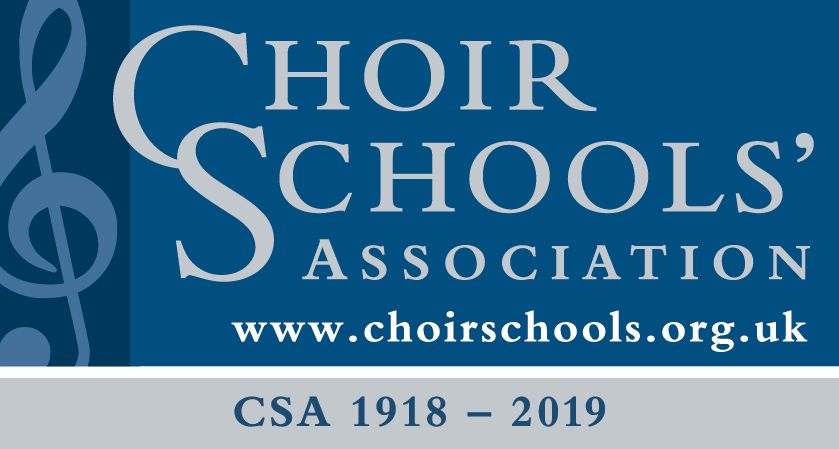Religious Studies
Fourth Form (Years 7 and 8)
In Lower 4, pupils learn the defining characteristics of religions through an examination of the main features of the world’s six principal faiths. They also receive an introduction to the Jewish and Christian faiths, examining the symbolic meanings of their symbols, stories and art.
In Upper 4, pupils learn about contrasting world views and the beliefs of Hindus and Muslims. They also study the extent to which a religious person’s world view impacts upon and shapes his/her daily life.
Fifth Form (Years 9, 10 and 11)
In Lower 5, pupils explore the concept of God and the coherence of divine attributes while assessing the arguments for the existence of God. They will also begin to define and develop their own, particular world views by comparing the scientific and Christian accounts of the origins of the universe and life on earth, assessing whether these accounts are reconcilable or mutually exclusive.
At GCSE we follow the AQA syllabus:
Component 1: The study of religions - beliefs, teachings and practices in Buddhism and Christianity.
Component 2: Thematic studies - religious, philosophical and ethical studies: relationships and families; religion, peace and conflict; religion, crime and punishment; religion, human rights and social justice.
Where The Subject Can Take You
Religious Studies at Norwich School aims to facilitate critical thinking, enable understanding and promote intellectual curiosity through collaborative learning to broaden personal development. These highly transferable skills as well as their ability to understand other people and what drives them make Religious Studies pupils highly desirable in a vast array of careers. Religious Studies is uniquely placed to foster and develop this process whilst maintaining a link between other subject areas in the school.
It offers pupils an opportunity to study the beliefs and practices of those who are both similar and different from them. It gives pupils a chance to explore their own response to different approaches to life and different perspectives on some of the big questions which all human beings face. It enables them to consider complex moral, philosophical and religious questions in a structured, justified and intelligent way and, at the same time, gives them an ability to understand and appreciate alternative and equally valid points of view. This allows students of the subject to have a wide range of options once they leave Norwich School. Aside from the more obvious theological or philosophical routes, pupils have gone on to study medicine, journalism, law and education.
Religious Studies is not just about conceptual thinking or critical textual analysis. It is also about feeling. It is about the development of an inner voice through inquisitive study. The subject can nurture the development of spirituality both in the classroom and in the wider school community. It is about heightening awareness of a reality which is greater than the purely tangible or material. Ultimately, it is about the opening up of the human spirit to its own potential. This clearly allows pupils a myriad of options once their education in the Close comes to an end and it has always been a delight to speak with Old Norvicensians about how their study of the subject at school has impacted them in their chosen pathways.
Despite the obvious secularity of modern life, the need for a more informed understanding of the great religious questions is as important as ever. Religious Studies at Norwich School aims to foster empathy, compassion, understanding and tolerance of religious traditions wherever they are found. It aims to allow pupils to approach difficult moral and ethical problems, some of which they themselves may well face in the future. Above all, the hope is that pupils leave Norwich School feeling confident to face up to life’s many challenges having embraced the unique experience and rich tradition of life in and around Norwich’s Cathedral Close. Consequently, no door is closed to pupils of Religious Studies.
Trips
The Religious Studies department runs a range of popular trips and activities. The department takes all U4 pupils to Neasden temple in London designed to support their study of Hinduism.
In M5, pupils visit Walsingham which is designed to enhance the delivery of the Pilgrimage unit of the GCSE but also give useful experience of topics such as Worship which they also cover at GCSE.
Those who have opted to take Religious Studies at GCSE also have the opportunity to visit a Buddhist temple in London during the Lent term of U5. This trip complements their study of Buddhist places of worship and worship (topics on the GCSE specification). It has always been an interesting and informative trip, giving the pupils experiential knowledge which can be used to enhance their examination responses.
The Sixth Form PRE groups attend relevant conferences in London and Cambridge as a means through which to consolidate and extend their learning.
FAQs
Is there coursework at GCSE and/or A Level?
No. Neither GCSE nor A Level study requires pupils to submit coursework. At GCSE, pupils are assessed via 2 exams at the end of the course. These are both 1 hour 45 minutes. At A Level, pupils sit 2 exams at the end of the two year course, These are both 3 hour exams.
What religious do you look at?
- L4 – Judaism and Christianity
- U4 – Hinduism and Islam
- L5 – Humanism and different worldviews
- GCSE – Christianity and Buddhism
- A Level – Christianity
What types of questions are there at GCSE?
There are multiple choice (1 mark), short answer (2, 4 and 5 marks) and longer response questions (12 marks). These require pupils to show both knowledge and understanding and analysis and evaluative skills.
What types of questions are there at A Level?
There are 3 types of questions at A Level. The 10 mark questions are assessing pupils knowledge recall and subject understanding. The 15 mark questions assess pupils analysis and evaluation skills. There are also 25 mark questions which are assessing the same skills (knowledge and understanding, and analysis and evaluation). Pupils are guided very carefully through this process so that they find a style that works best for them while also meeting the criteria the examiners are looking for.
Are there are clubs that are linked to Religious Studies that I can join?
RAK – Random Acts of Kindness: this is targeted at L4 and U4 pupils and encourages pupils to take part in random acts of kindness every half term. These include writing Christmas cards to residents of Care Homes
iThink – based on the Philosophy of Kids programme: this presents pupils with a different philosophical or moral questions/stimulus to discuss. This is very much pupil-led and, as a result, allows discussions to remain broad and engaging.





